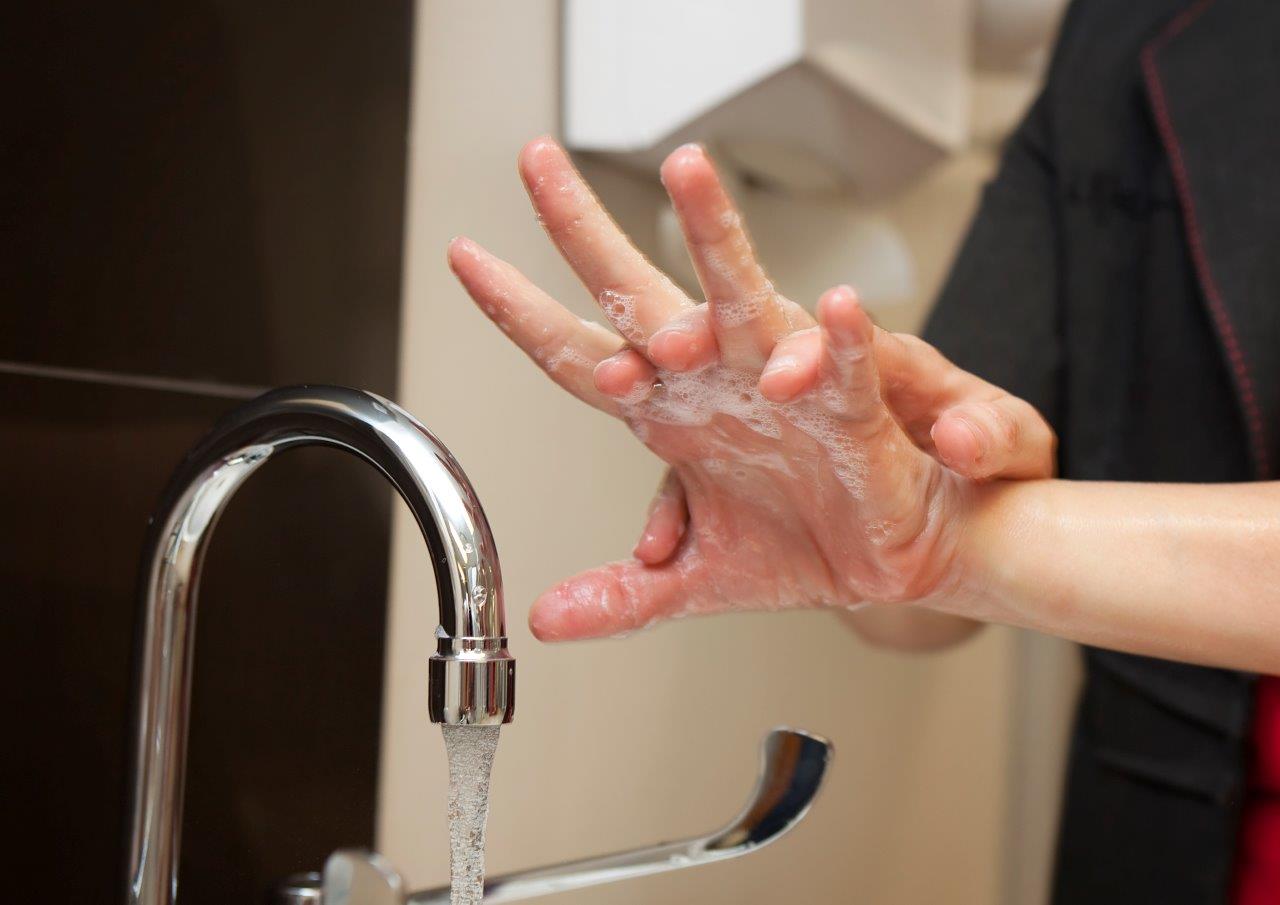World Hand Hygiene Day 2018

As part of our continued efforts to prevent risk of infection, Life Healthcare will be increasing awareness of hand hygiene amongst its employees by implementing a number of in- hospital activities for World Hand Hygiene Day.
Strict hand hygiene saves lives
Hand hygiene initiatives for healthcare workers and communities can prevent risk of infection.
May 4, 2018 – As part of our continued efforts to prevent risk of infection, Life Healthcare will be increasing awareness of hand hygiene amongst its employees by implementing a number of in- hospital activities for World Hand Hygiene Day. These initiatives include a hand hygiene relay, which will serve as a reminder to all healthcare workers of the importance of effective hand hygiene to ensure patient safety is not compromised.
Initiated in 2005 by the World Health Organization (WHO), World Hand Hygiene Day is celebrated every year on 5 May as part of a major global intervention to improve hand hygiene. The initiative was specifically designed to raise awareness of the critical role hand hygiene plays in the prevention of infection and of sepsis, particularly in healthcare.
Infection prevention and control, which includes hand hygiene, is fundamental to safe patient care. It is an integral part of Life Healthcare’s clinical governance and is a major focus for delivering patient-centred care. It is therefore increasingly important to create and maintain awareness around infection risks.
Celebrating this day will not only place greater focus on the fight against multidrug-resistant organisms and the prevention of infection in healthcare but will highlight how both healthcare workers and members of the public can make a significant contribution towards a healthier, safer hospital environment.
The hands are one of the most significant contributors to cross-contamination and cross- infection – in the home and hospital environment. Studies show that sixty-percent of South Africans do not wash their hands properly after using the toilet1 and sixty-six percent of South Africans do not wash their hands with soap1. Furthermore seventy-five-percent of illnesses in homes can be prevented by using hygiene products and maintaining good hygiene habits such as hand-washing1.
A five-second splash under water may make hands appear cleaner and remove any visible dirt, however, it is not very effective in getting rid of the harmful germs that can cause infection, especially at critical moments – after using the toilet, after cleaning a child and before handling food.
Globally, infections are becoming increasingly resistant to antibiotics, posing a major threat to people as the antibiotics used to treat them become less effective. This has resulted in longer hospital stays, higher medical costs and increased mortality.
A 2005-2007 South African study found that the following infections can be prevented through good hygiene habits2:
- 80% of gastrointestinal infections (including vomiting and diarrhoea)
- 70% of respiratory infections (including colds, flu and ear infections)
- 70% of skin infections (abscesses, boils, eczema, impetigo, ringworm, scabies and pink eye)
At Life Healthcare we strongly believe that a stringent hand hygiene protocol is fundamental to safe healthcare both in the hospital environment and in the community.
Life Healthcare strives to deliver healthcare of exceptional quality and one of the ways we are doing this is by driving awareness of and compliance with our strict hand hygiene protocols throughout our hospital.
References:
1. Global Hygiene Council, Global Hygiene Survey, 2009
2. Professor Eugene C Cole

